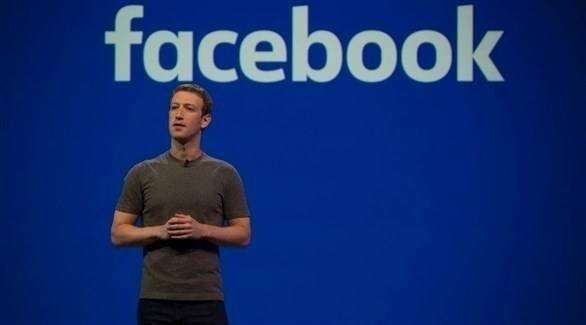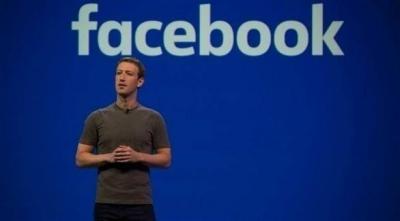Facebook has announced the formation of a team dedicated to creating what is known as the "metaverse," where the real and virtual worlds blend to the point of integration. This vision is rooted in science fiction and exists in the realm of video games. Facebook founder Mark Zuckerberg believes that the metaverse represents the future of this social network.
In an interview with The Verge, he stated, "I hope people will look at us in five years as a metaverse company above all else." The task will be handled by Facebook's virtual and augmented reality division, "Facebook Reality Labs," managed by Andrew Bosworth, which is currently responsible for the "Oculus" headsets primarily used for entertainment purposes.
Facebook has enlisted individuals from the Instagram app, the Facebook Gaming division, and Oculus. Zuckerberg noted that the key feature of the metaverse will be the feeling of truly being present with others, indicating that Facebook Reality Labs has been developing products for years to create presence in various digital spaces.
**The Origin of the Metaverse Concept**
The term "metaverse" was developed by Neal Stephenson in his 1992 science fiction novel "Snow Crash." It refers to an electronic space that parallels the physical reality, where users can meet to interact, discuss, or even entertain themselves, taking on avatars to represent them.
Some video games have already created limited “metaverse” environments for their players, such as the platform "Roblox," which includes numerous games created by children and teenagers, and "Fortnite," which has 350 million users. For example, in late April, a series of five virtual concerts featured American rapper Travis Scott appearing as an avatar in "Fortnite," watched by over 12 million users.
**Metaverse: The Successor to the Internet**
Zuckerberg explained that screens, holograms, virtual reality headsets, and augmented reality glasses are expected to gradually enable "movements" from virtual worlds to physical locations, resembling "teleportation." He regarded the metaverse as a "successor" to mobile internet usage.




